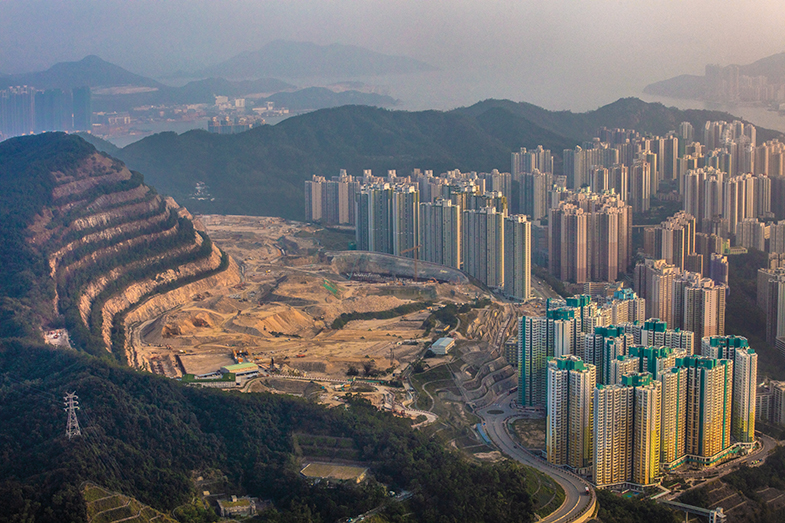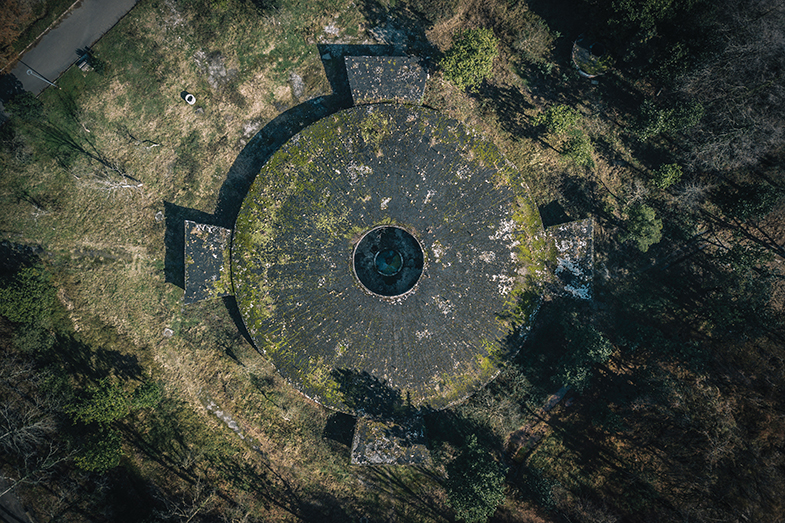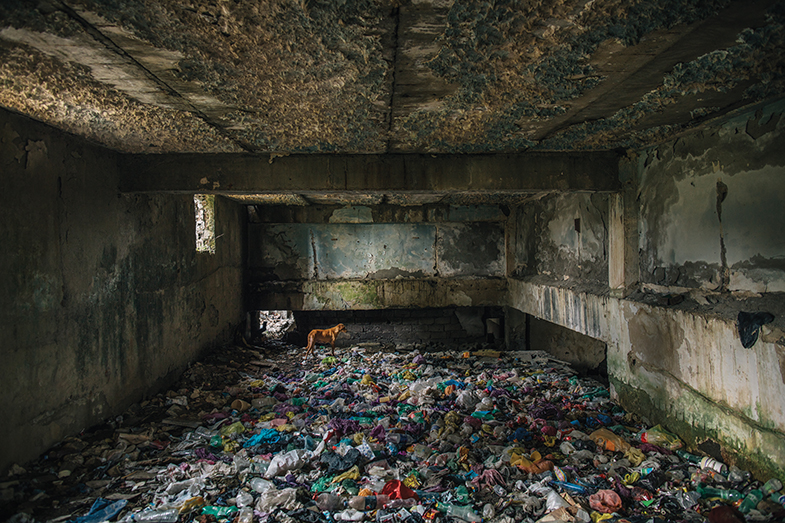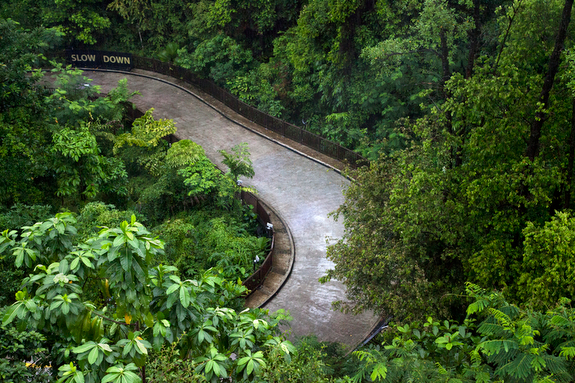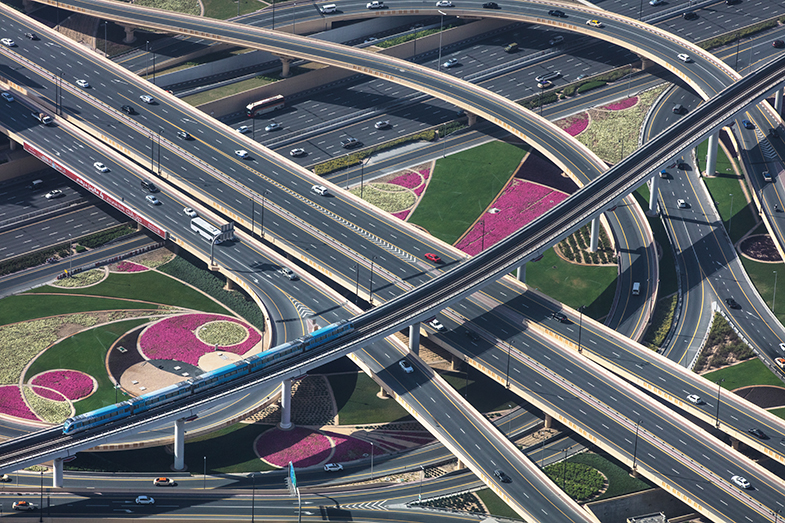
What interest me most are not specific buildings or landmarks, but the lived experiences of the people who interact with them. The built environment has an essential role in shaping a particular society or culture.
The growth of global populations has led to rapid urbanization and the emergence of megacities. The challenges that societies face in adapting to rapid change – both socially and environmentally, but also philosophically and psychologically – is what drives my interest in this dynamic field.
Our “developed” cities are increasingly homogenous spaces. It’s become hard to differentiate one central business district of an urban centre from another. Consumerism, fast entertainment, fast food and multinational corporations are often what underpin our notions of progress.
Nonetheless, hyper-globalization has enabled the rapid sharing of information and ideas around the globe, as well as making transportation more accessible.
I am fascinated with modernity and its environmental and social consequences.
Ultimately, it is the visual nuances that can be found between locations rich and poor, natural and manmade, past and present, that, if you look closely enough, offer an insight into what it means to be a human on this rapidly-changing planet. A book about this work will soon be published by Black Dog Press.
— Ryan Koopmans, Amsterdam, The Netherlands
